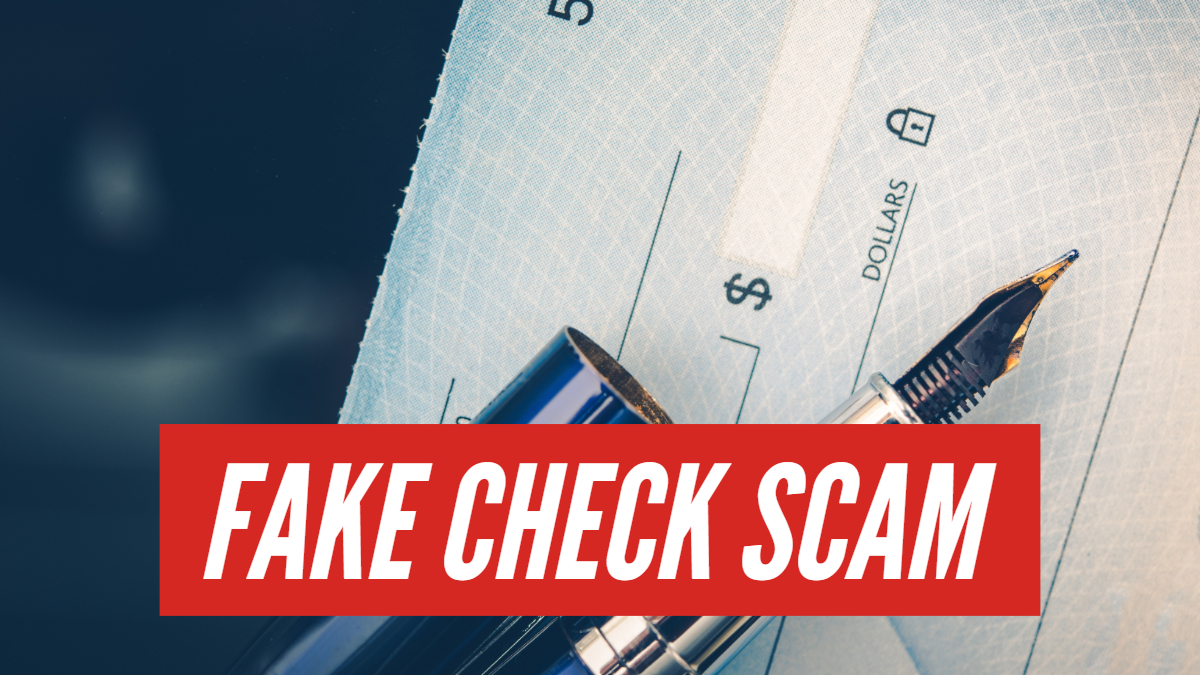
Being scammed can happen so easily today, but when you make it about a topic that many people can let their guard down with, the scam can happen much easier. What topic is that? We’re talking about money.
Fake check scams have been around for quite some time, however, with the increase in online sales and job postings, they are becoming easier to get away with. With money being part of a job application process or online sale, your guard is often down because you don’t necessarily expect something so seemingly simple to have any possible risk. Your trust is what makes you vulnerable.
The check is distributed to you, with the basis being a variety of reasons why you’re the recipient. It may be identified as prize money, or with the increase of remote or online job postings, it’s listed as a step in the process of setting up your account with the company. If you’re an online seller, sometimes you’ll be overpaid in the check you are given from the buyer.
The problem will all of these scenarios is that check is fake, and you are likely going to get stuck with fees and overdrafts that you weren’t responsible for.
How does the scam work?
It usually plays out like this: Someone will contact you to deposit a check on their behalf. They usually have a detailed reason as to why they can’t do it themselves – they are out of the country, unable to get to the bank, need a different account, or as mentioned above, may actually overpay you for products or services that you’ve sold online. Some online shopper scams will instruct you to set up an account for the check to be deposited into – you are told this will establish the place where they will pay you. Not true. You will never have to pay to be an online shopper – even upfront. The excuses are endless and often detailed. Once you deposit the check, all that you have to do is wire back partial payment to them to cover the excess funds provided by the check.
By the time you have deposited the check or wired the money, the bank alerts you that the check was fake, and you are now responsible for covering the funds that were distributed on your behalf. Because the law mandates that financial institutions make even partial funds available to you immediately, it is likely too late before the reality of the scam is realized, and you’re out of the money.
So, without living in a constant state of fear and distrust, how do you accept a check without getting duped?
Above all, don’t accept or send money to someone you have never met or don’t know well – or at all. If you sell items or services online, use cash at pickup, or an online payment service such as PayPal or Venmo– and never ever accept overpayments. If the proposal includes a wire transfer, refuse it. Unfortunately, you must remain on guard with any transaction, and always be wary of something if it seems unsettling or too good to be true. There’s a saying that there is no such thing as free money, and if you keep that in the back of your mind, you’re one step ahead of the scam.
The post Fake Check Scam appeared first on HIPAA Secure Now!.
